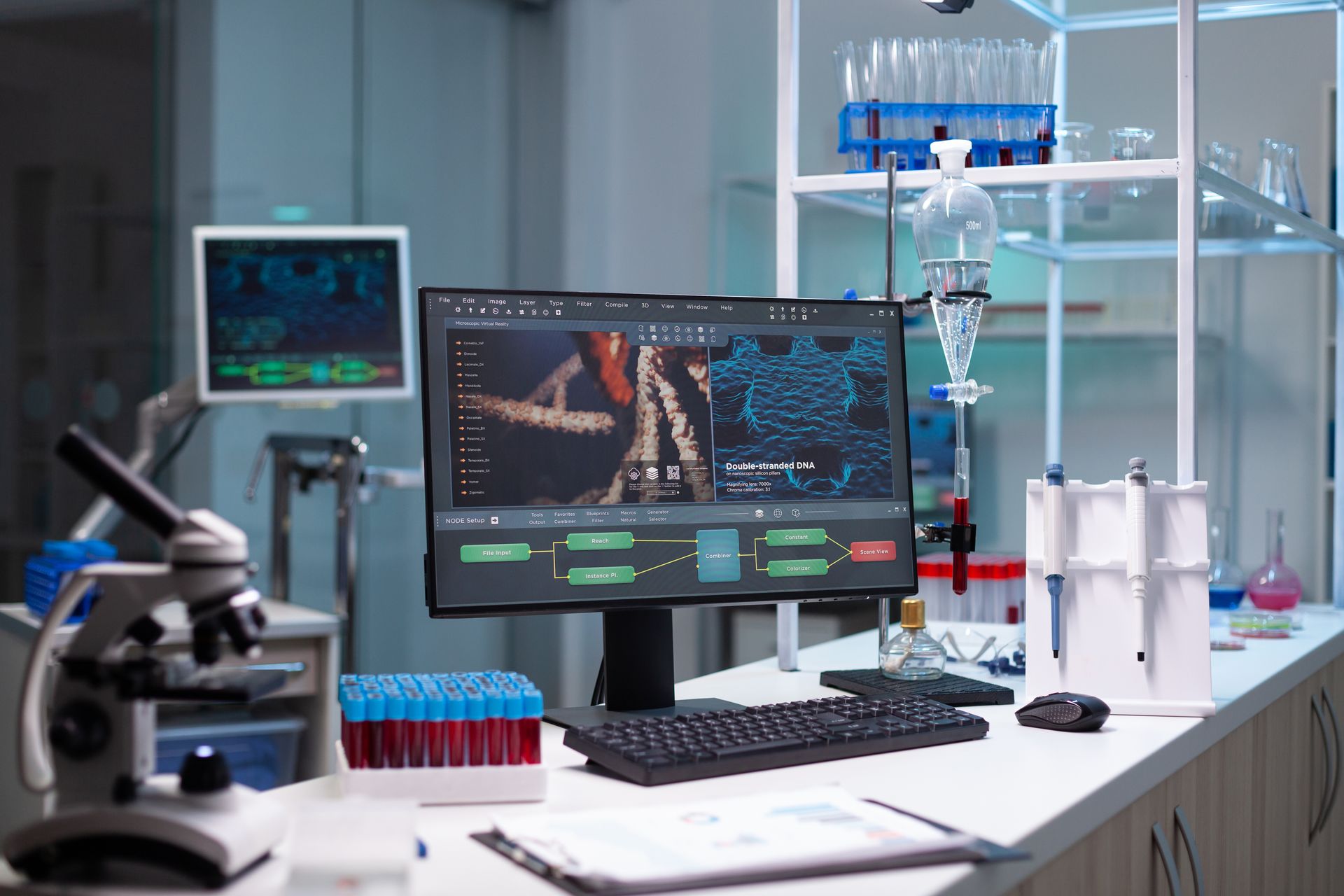Europeen Confernce of Computational Biology

ECCB10 is the key European computational biology event in 2010 uniting scientists working in a broad range of disciplines, including bioinformatics, computational biology, biology, medicine, and systems biology. Participation at ECCB10 will be the prime opportunity to learn about cutting-edge research in computational biology and bioinformatics and to network with other members of our community.
It will be hosted
in Turku
rom September 16 to 20
Organized by the University of Turku and the CSC – IT Center for Science, the conference will bring together 600–800 researchers and experts across various fields, including systems biology, bioinformatics, artificial intelligence, and medicine.
The European Conference on Computational Biology (ECCB) is a leading annual event in computational biology and bioinformatics. In 2024:
The theme for ECCB 2024 is "Data and Algorithms for Health and Science", with sessions focusing on critical topics such as genomics, proteomics, single-cell omics, microbiomes, and digital health. Highlights include keynote talks, workshops, tutorials, poster sessions, and networking events. Featured speakers include Professor Peer Bork from EMBL, discussing microbiomes, and Professor Sarah Teichmann from the University of Cambridge, addressing single-cell biology.

The conference emphasizes collaboration and innovation, leveraging Finland's strong reputation in digitalization and computational research. It also offers opportunities for workshops, poster presentations, and exhibitions for those interested in showcasing their work or engaging with peers globally.

The conference covers computational methods for molecular biology that arise in the context of genomics and proteomics technologies in the fields of molecular biology, molecular medicine and pharmaceutics. Biological areas of interest include genomes and protein analysis, algorithms and phylogeny, transcriptomics, structural bioinformatics, proteomics, text mining, pathways and interactions, databases, systems biology and bioinformatics for diseases.
The conference will start in the late afternoon of Sunday, September 26, 2010 and it will be preceded by a one-day workshop and tutorial session. It will end on Wednesday, September 26 in the afternoon. The conference consists of a main track of keynote and contributed presentations, plus an additional track for industry presentations and software demos, together with extensive poster sessions. Contributed papers selected for oral presentation are published as a supplementary issue of the journal Bioinformatics.
- Paper submission deadline - April 9, 2010
- Paper acceptance notification - June 4, 2010
- Submission of final version of accepted papers deadline - June 18, 2010
Posters
- Call for posters open - January 10, 2010
- Poster submission deadline - June 20, 2010
- Poster acceptance notification - July 11, 2010
-Travel fellowship application open - June 4, 2010
-Travel fellowship application deadline - June 25, 2010
-Travel fellowship award notification - July 18, 2010
-Early registration deadline - August 13, 2010
-Call for tutorials and workshops open - January 10, 2010
-Workshop and tutorial submission deadline - March 26, 2010
-Workshop and tutorial acceptance notification - April 23, 2010
-Call for software demos and industrial presentations open - January 10, 2010
-Industry and demo track submission deadline - June 3, 2010
-Industry and demo track acceptance notification - June 24, 2010
- Workshop and tutorials - Sunday September 26, 2010
- Conference opening - Sunday evening, September 26, 2010
- Main conference (proceedings, posters, and industry/demo track) - September 26-29, 2010


